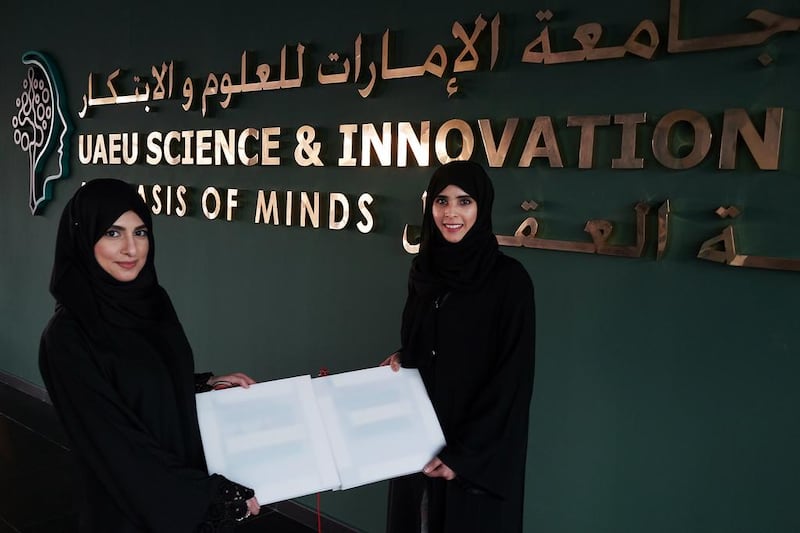AL AIN // “Magic” carpets that generate electricity each time a person steps on them could be rolled out at public places across the country.
Developed by a team of four graduates at UAE University, the carpets are made of a piezoelectric material that creates a charge when subjected to mechanical stress, or each time someone walks or runs across them.
The more people stepping on the carpets, the more clean, green power is created, making them ideal for busy places such as malls, metro stations, airports and schools, said engineering student Hamda Al Derei.
“The more crowded the place, the better, although in the future with the development of this technology we may be able to design floors for less crowded places,” she said.
As well as creating electricity that can be fed back into a building to power lights and air conditioning, the carpets could be used to encourage people to be more active and create more awareness of the importance of green energy.
“Our carpet allows the public to generate energy,” said team member Razan Kharouf.
“It encourages people to be part of this change and to feel the positive effect of their steps and weight.”
The team is talking to universities, schools, malls, metro stations and airports to market the carpet and hope to make it available internationally.
“We have received requests from countries like Peru,” said Ms Kharouf.
Ms Al Derei hoped the cost of production would go down so the carpets became more affordable. “For now, it would cost more than we would wish.”
The women developed their idea at UAEU’s new Science and Innovation Park and were among the first to join the Business Incubator Programme Prototypes to Market programme in January last year.
“During the past year, we gained more knowledge in business, management, teamwork and communication skills,” said Ms Kharouf.
Prof Nihel Chabrak, programmes director at the science and innovation park, said the students’ project is one of many that could be developed into a business.
“We are developing a real ecosystem for innovation and entrepreneurship, where start-ups and small businesses can benefit from being in a cluster for safe innovation.
“We developed structures, programmes, training, mentoring and networking opportunities as well as seed finance conditions much needed by start-ups.”
The team has taken its carpet to workshops, events and competitions around the world.
“Meeting, listening and discussing with different minds and cultures is key in building diverse communities powerful enough to achieve significant goals,” said Ms Kharouf.
The project has been a great learning process, said Ms Al Derei.
“As engineers we were concerned with the technology but we learnt we need a great deal of business knowledge too. We are still facing some problems in pricing the product and the final shape of it.”
mswan@thenational.ae






